IN CHINA’S RAPIDLY AGING CITIES, YOUNG PEOPLE FLEE AND FEW BABIES ARE BORN (2024)
FUSHUN, WHERE ROUGHLY A THIRD OF THE POPULATION IS 60 OR ABOVE, OFFERS A SNAPSHOT OF THE NATION’S FUTURE
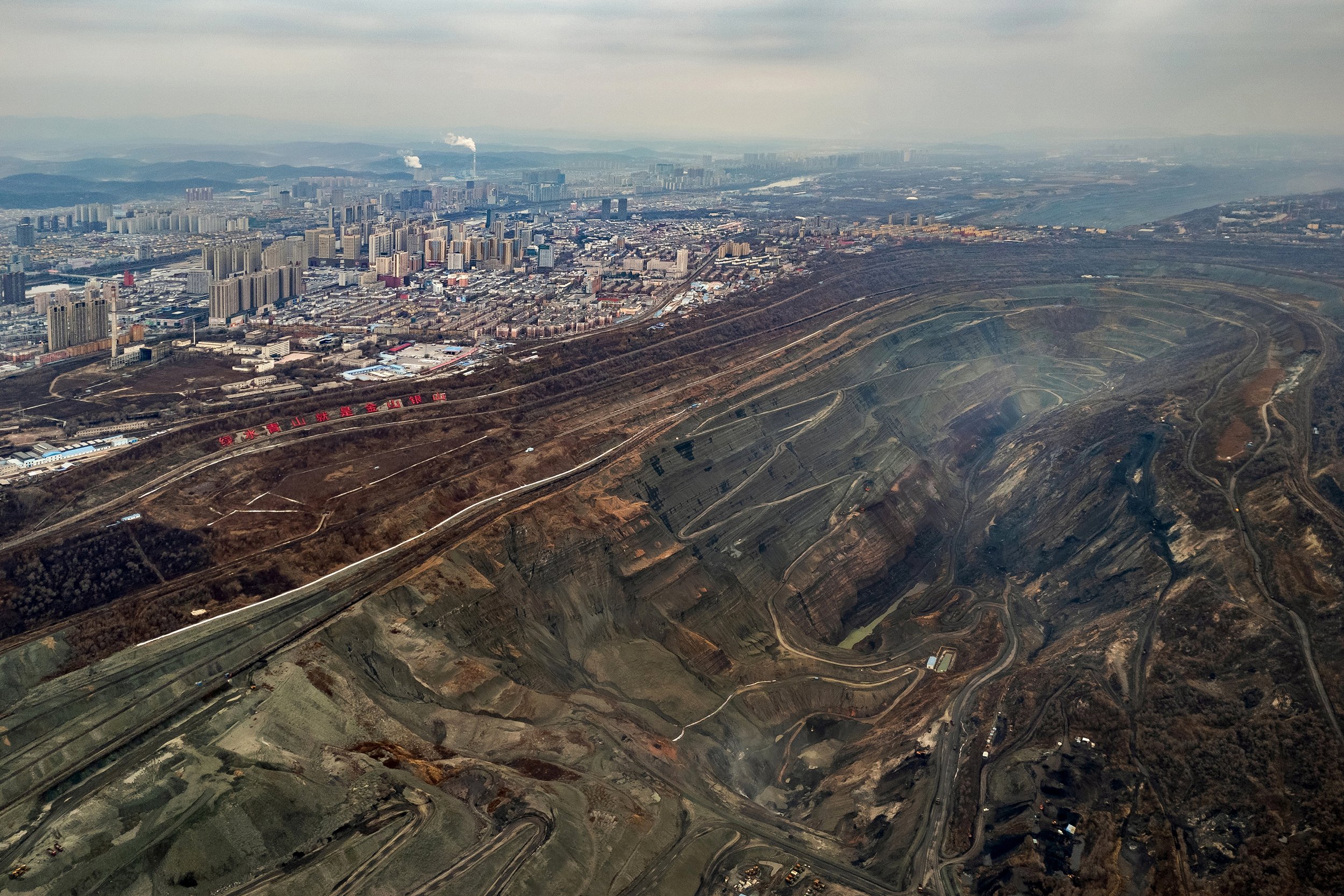
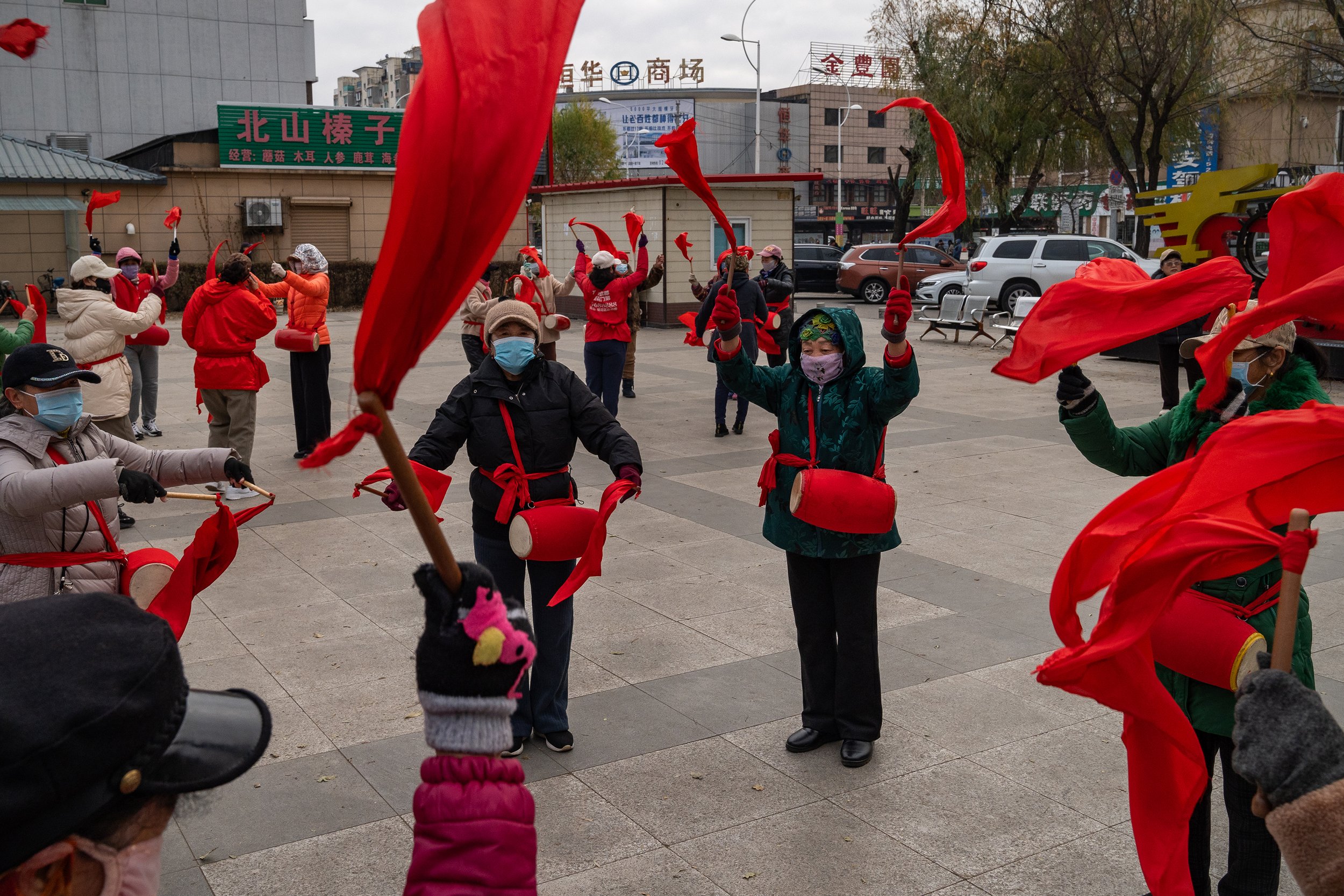
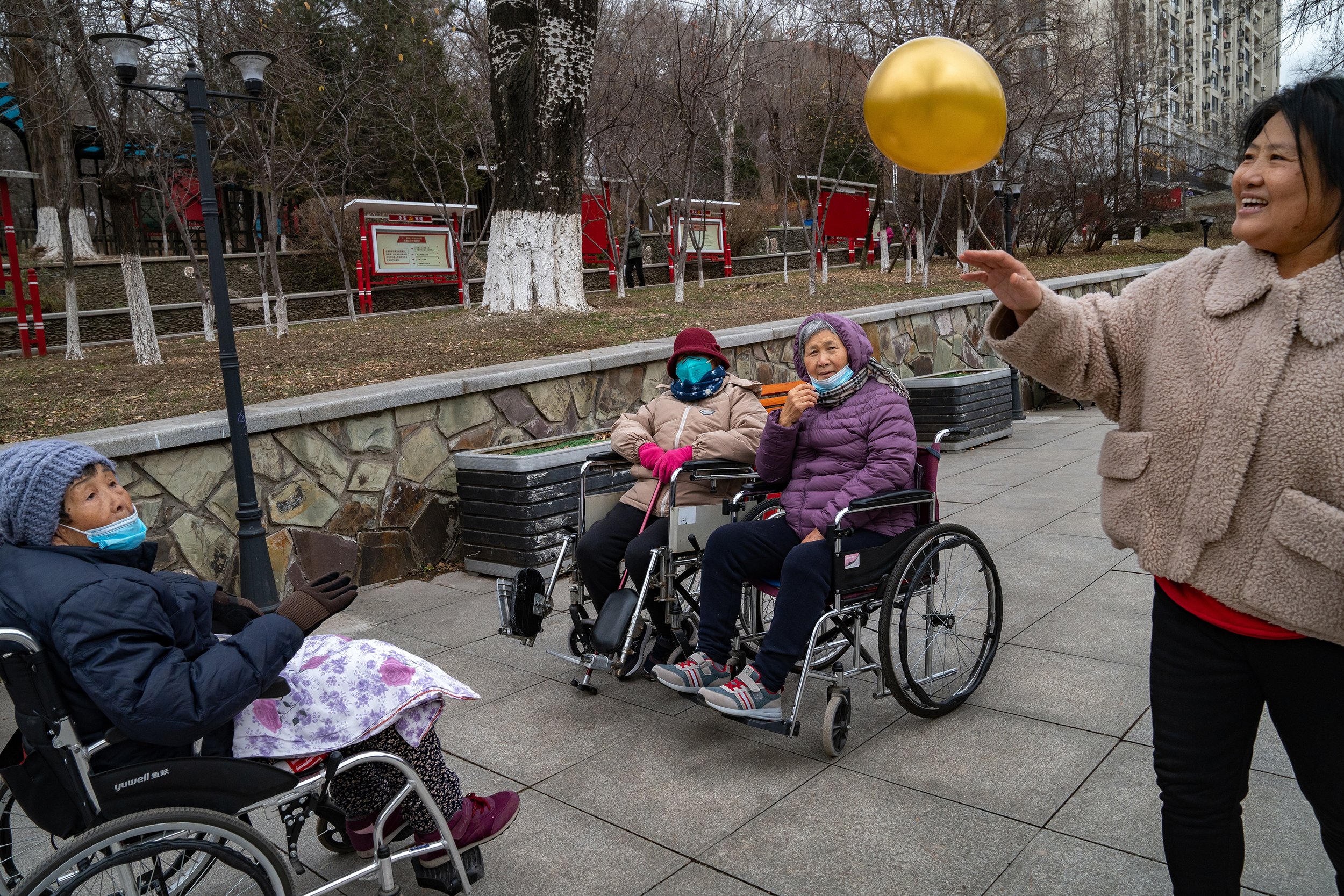
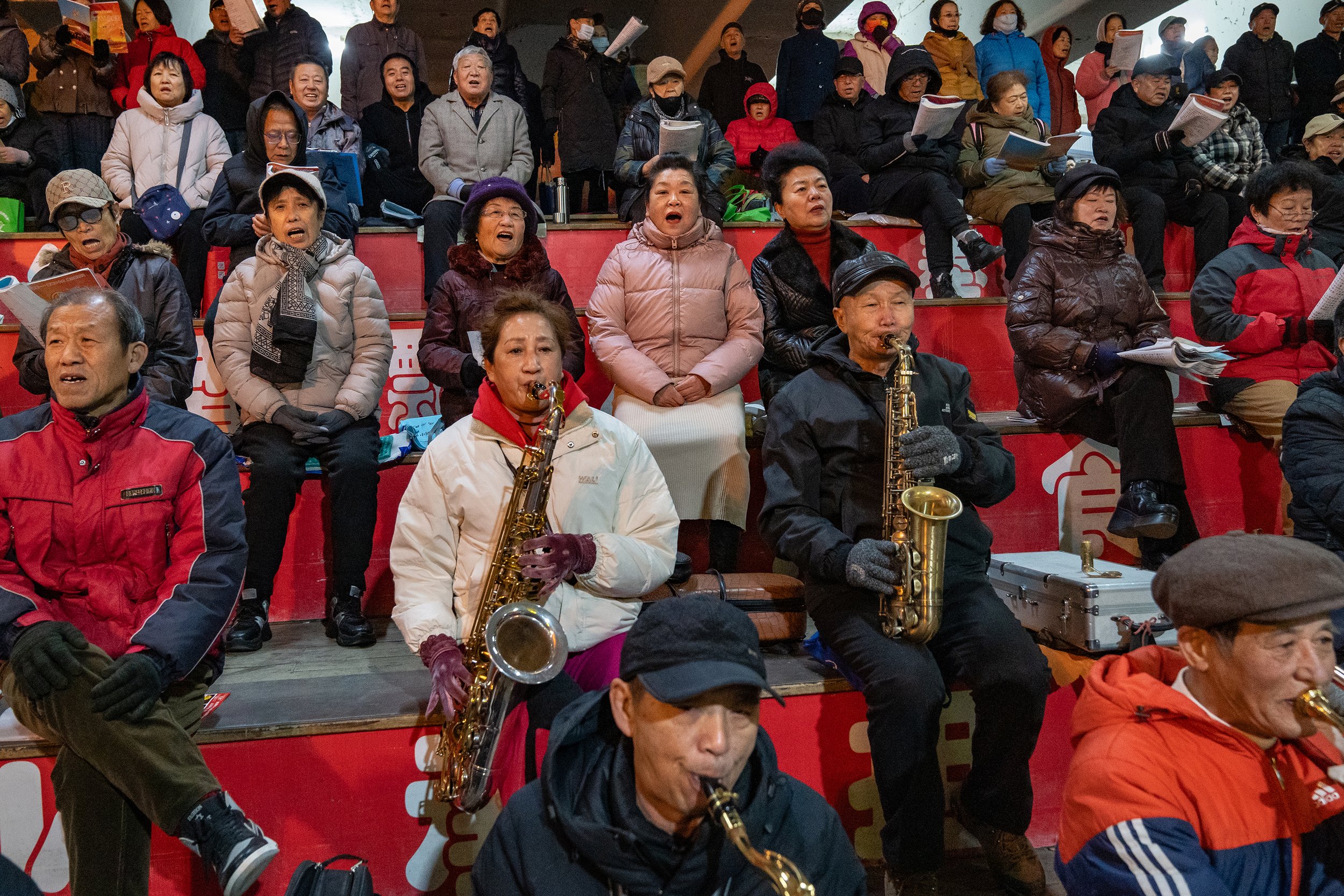


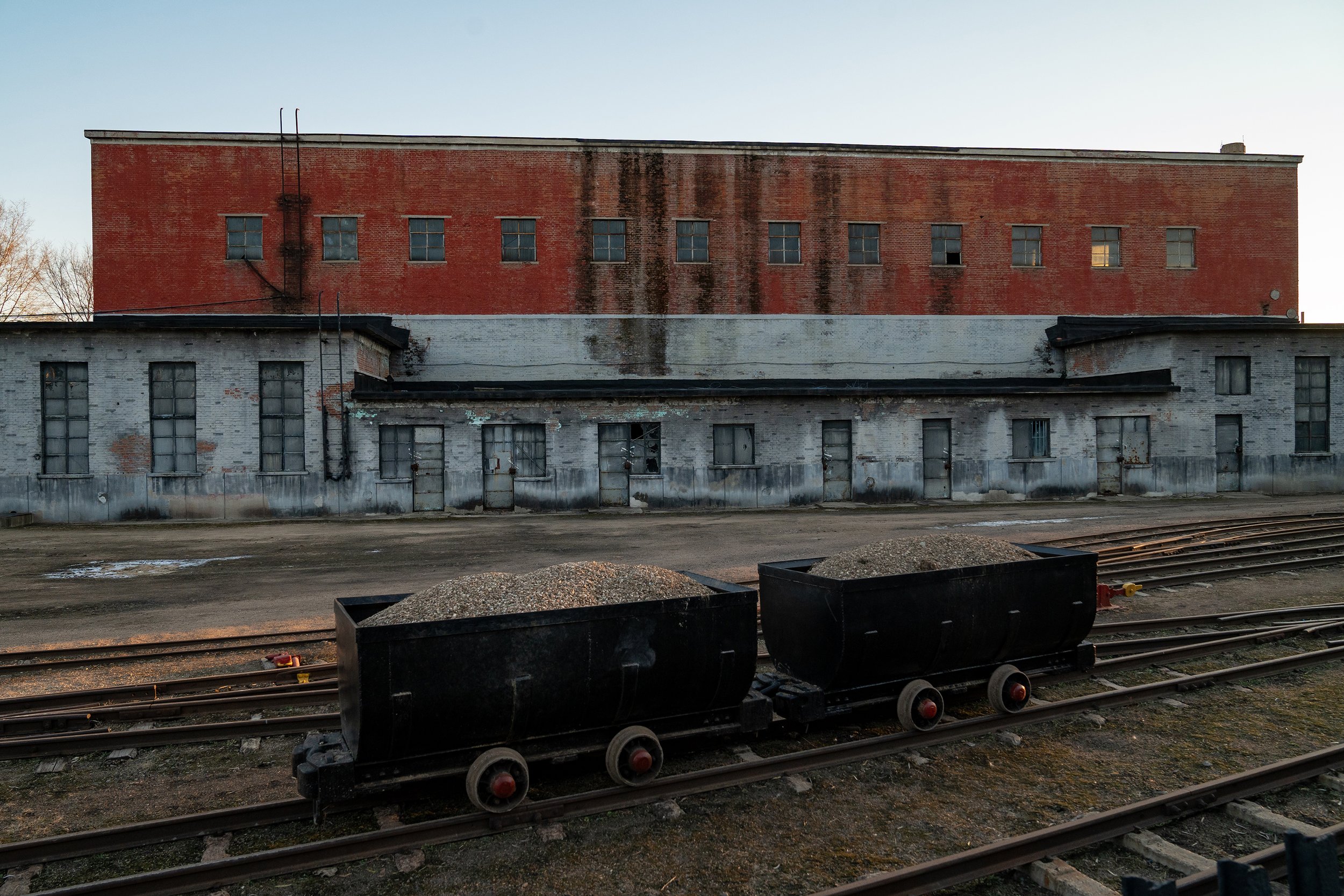



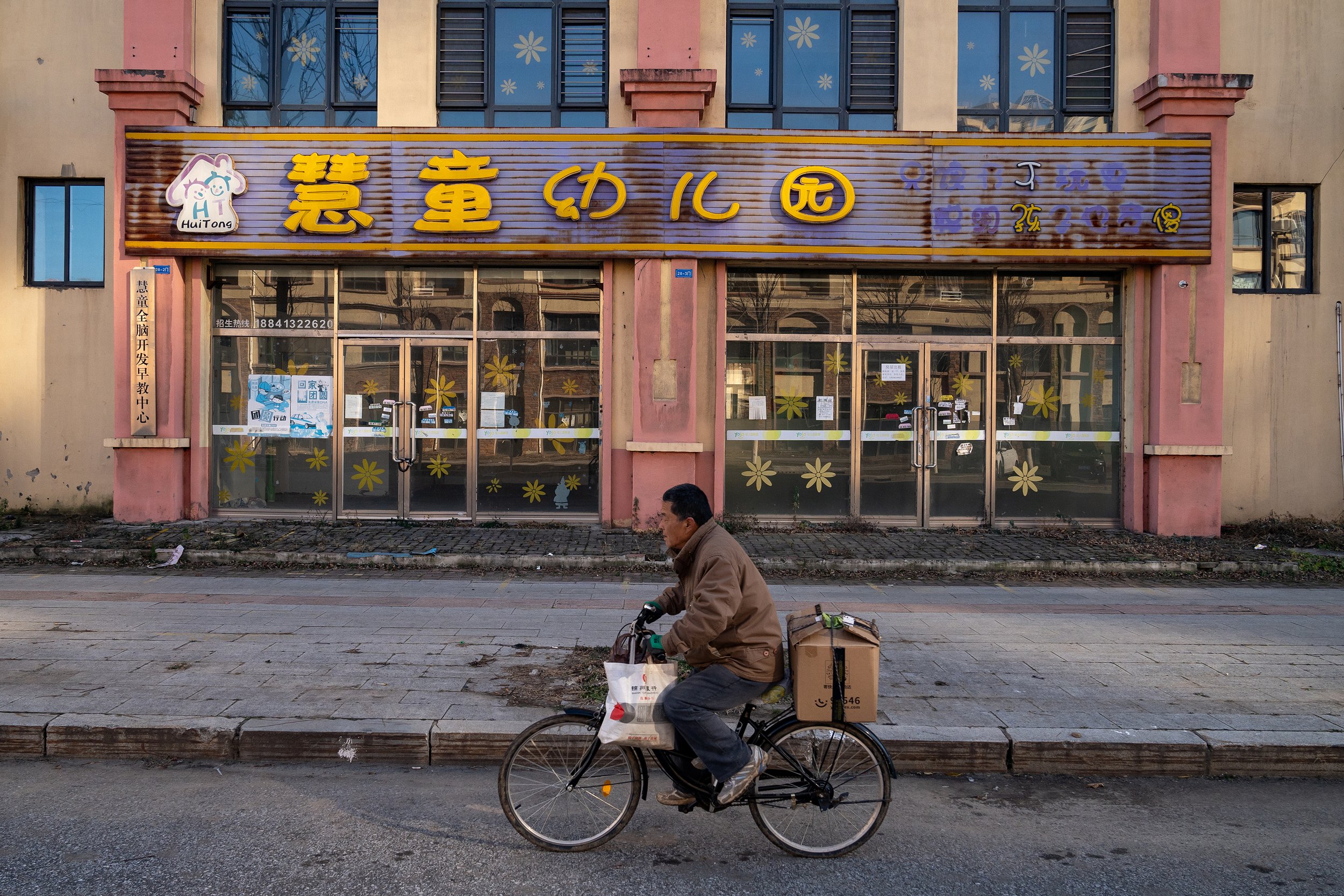

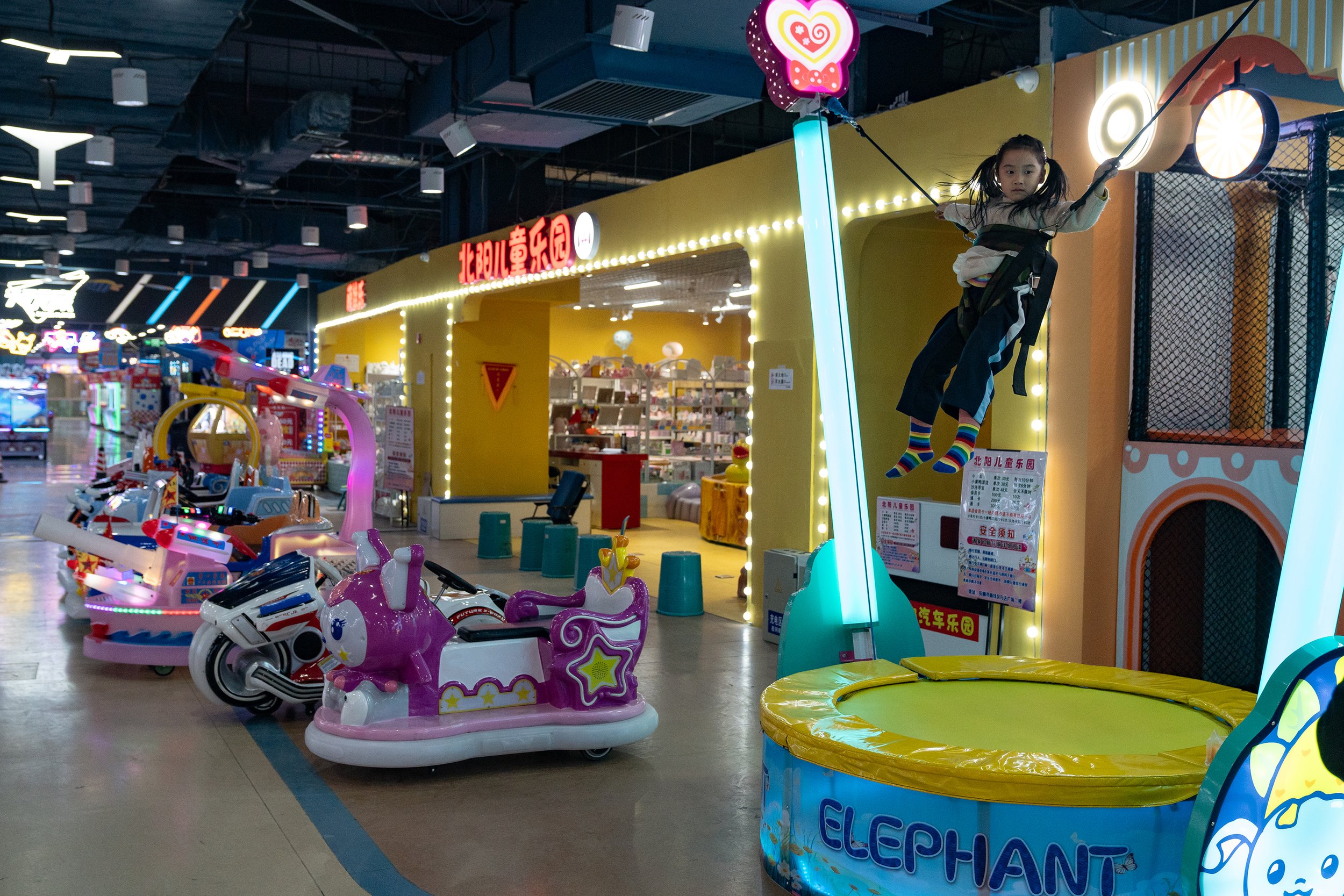
Fushun was once a key industrial hub of the so-called Rust Belt. Renowned for its coal industry and oil refineries, and home to what was once the largest open-pit mine in Asia, the city began its decline when China opened up and embraced market economy. The country’s more recent energy transition toward renewable energy only worsened Fushun’s economic struggles, prompting many young people to leave.
Last year, only about 5,500 babies were born in Fushun, a city of 1.7 million. Fushun now ranks among the Chinese cities with the highest proportion of elderly residents: one in three is over the age of 60.
As kindergartens close, and playgrounds sit nearly empty, large groups of elderly people gather in squares and parks to dance and exercise. A chorus of several hundred meets nightly under the a bridge to sing Mao-era propaganda songs. At a park named Children’s Park, there overwhelming majority of visitors are elderly residents.
As the number of births in China continues to hit new lows year after year, Fushun stands as a poignant reminder of the existential threat faced by aging societies, especially in those cities where the past outshines the present, and the future remains uncertain.